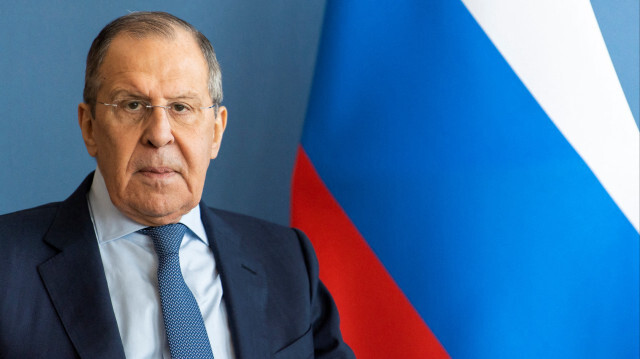
Lavrov claims that Russia will lift its unilateral missile prohibition
Russian Foreign Minister Sergei Lavrov announced on Sunday that Russia will lift a prohibition on the use of intermediate and shorter range nuclear-capable missiles, citing the United States’ deployment of such weapons in several parts of the world.
Russia’s long-promised action will nullify everything left of one of the most important Cold War weapons control agreements, raising concerns that the two largest nuclear-armed nations in the world may be joining China in a new arms race.
The breakdown of the complex web of arms control agreements that aimed to limit the weapons race and lower the risk of nuclear war has been regretted by both Russia and the United States, who acknowledge that their relations are worse now than they have been since the height of the Cold War.
When asked if Russia may leave the New START pact before it expires in February 2026 by Russian news agency RIA, Lavrov responded that there were “no conditions” for a strategic engagement with Washington at the moment.
“Today it is clear that, for example, our moratorium on the deployment of short- and intermediate-range missiles is no longer practically viable and will have to be abandoned,” added Lavrov.
“The U.S. has arrogantly ignored the warnings of Russia and China and in practice has moved on to the deployment of weapons of this class in various regions of the world.”
When Ronald Reagan and Mikhail Gorbachev signed the Intermediate-range Nuclear Forces (INF) Treaty in 1987, it was the first time that superpowers had committed to reducing their nuclear arsenals and doing away with an entire class of nuclear weapons.
Under former President Donald Trump, the United States formally withdrew from the INF Treaty in 2019 after accusing Moscow of breaking the agreement—a charge the Kremlin has denied time and time again and has dismissed as a pretext.
Subsequently, Russia placed a halt on its own construction of ground-based ballistic and cruise missiles with ranges of 500–5,500 km (310–3,417 miles), which were previously prohibited by the INF Convention.
Because of what he claimed were years of Russian violations and his worries about China’s intermediate-range missile stockpile, Trump declared in 2018 that he wanted to end the INF Treaty.
The US publicly attributed its withdrawal from the INF Treaty on Russia’s development of the 9M729 ground-launched cruise missile, also referred to as the SSC-8 in NATO arms control.
Putin said Russia may agree to refrain from deploying the missiles in Kaliningrad, an exclave on the Baltic coast, as part of his moratorium proposal. The United States has tested similar-profile missiles since exiting the treaty.
Putin said that Russia’s Nov. 21 firing of the new “Oreshnik” (Hazel Tree) intermediate-range hypersonic ballistic missile was a direct retaliation to Ukrainian forces using American and British missiles to strike Russia.
All Categories
Tags
+13162306000
zoneyetu@yahoo.com


